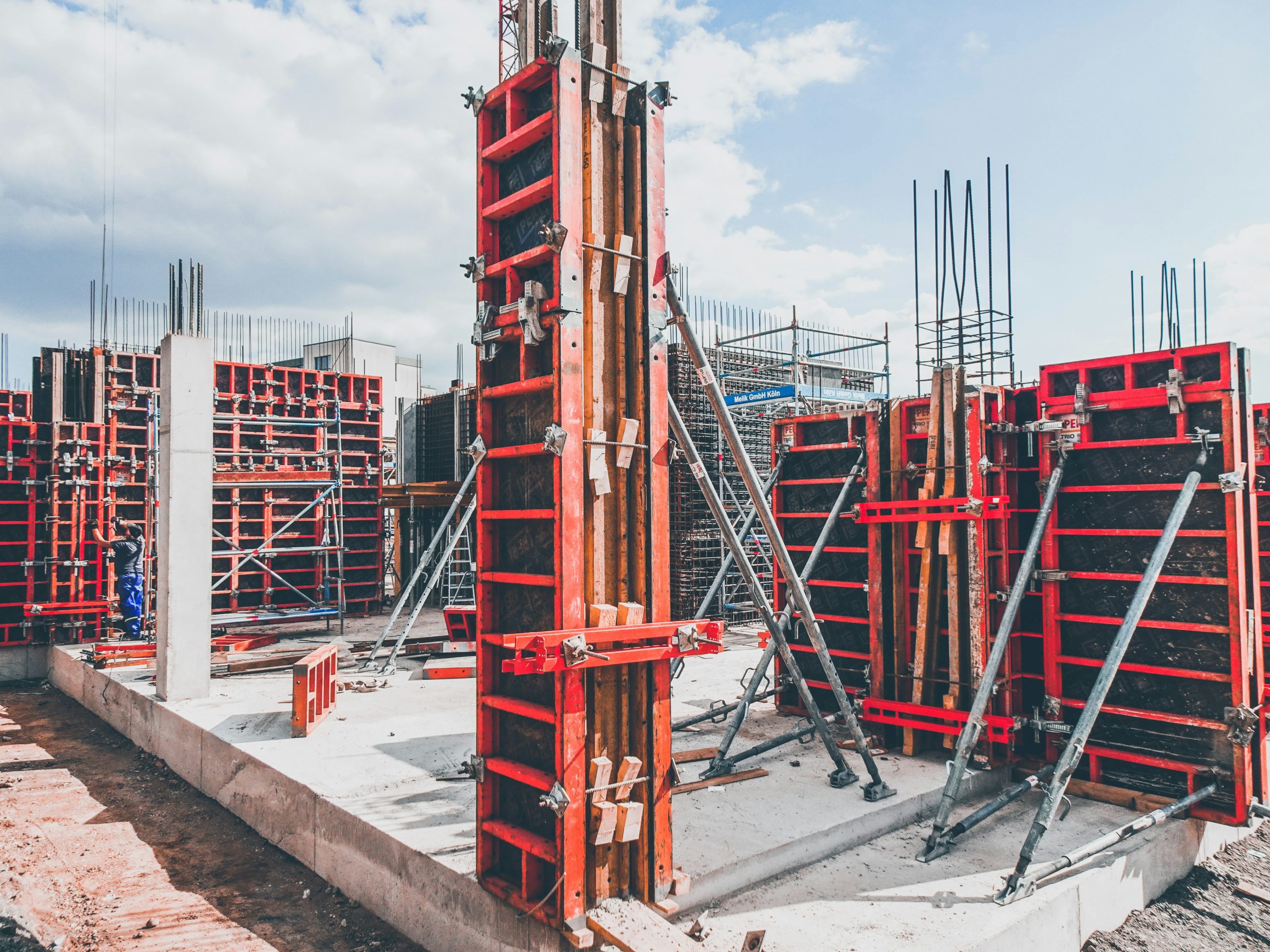What do you need to know?
Simon Mok is a Special Counsel with Vincent Young and is dual-qualified in Hong Kong and Australia. He has a deep understanding of the legal requirements in Hong Kong and Australia. He provides his insights into procurement from China below.
Australian builders often source their construction plant and materials from China, given China has a sizeable manufacturing base and a diverse range of competitively priced products.
However, when procuring from suppliers in China, Australian builders should be aware that they are entering contracts with a foreign company. When drafting the supply agreement, Australian builders should pay close attention to the following key issues.
Identification of the Supplier
A Chinese company is identified by its Chinese name, not its English name. The English name of a Chinese company is not registered with the Chinese regulatory body and can be easily changed.
Each Chinese company has a unified social credit code. This is a unique identifier of a Chinese company similar to an Australian Business Number (ABN).
When contracting with a supplier in China, ask for its social credit code and include it in the supply agreement to properly identify the supplier.
Passing of risk
The question of when risk in the goods will pass is complicated, as the goods will have to travel a long journey from the manufacturing plant in China to a designated construction site or storage facility somewhere in Australia. Further, the goods will undergo multiple loading and unloading processes along the way.
The parties will need to consider which party will bear the cost of transportation and the risk of loss and damage in transit, as well as insurance premiums and import-export clearances.
Incoterms
A further note is that suppliers’ quotations are sometimes made with reference to Incoterms. Incoterms are the domestic and international trade terms developed by the International Chamber of Commerce and widely used in international trading. They define the parties’ obligations and liabilities regarding the carriage of goods including the passing of risk and transportation costs.
A quotation providing a price for FOB (Free on Board) means that the Chinese supplier will deliver the goods to the buyer on board a vessel at a designated port (e.g. a port in China), and the buyer will bear the transportation costs and risk from the port.
An EXW price (Ex Works) means that the price is offered on the basis that the Chinese supplier will deliver the goods at its designated premises (e.g. the supplier’s factory in China). The buyer will bear all transportation costs and risks from the factory.
Australian builders should carefully consider whether the obligations and liabilities as defined by these Incoterms are acceptable. If not, the supplier’s Incoterms must be deleted and replaced by applicable provisions in a supply agreement or other Incoterms acceptable to the Australian purchaser.
Goods and Services Tax (GST)
Most goods imported into Australia attract GST. Suppliers in China may not be familiar with the GST regime and obligations, especially those suppliers that are new to the Australian market.
The supply agreement must clearly state whether the prices include GST and which party pays it. If appropriate, the parties may agree on an arrangement for the Australian builder to issue recipient-created tax invoices whereby the quantum and GST are created for the Chinese supplier.
Dispute resolution
Importantly, Australian court judgments are not enforceable in China as (as at the date of this article) there is no bilateral treaty for enforcement (nor is there any reciprocal enforcement arrangement).
In contrast, arbitration awards in principle can be enforced in China since both China and Australia are contracting states to the New York Convention, also known as the Convention on the Recognition and Enforcement of Foreign Arbitral Awards.
Therefore, if an Australian builder wants to reserve its rights to take enforcement actions in China against a supplier for breach of the supply agreement, instead of using Australian courts as the forum for dispute resolution, the parties should negotiate an arbitration agreement with a seat of arbitration (i.e. the place of arbitration) in Australia or a neutral jurisdiction (e.g. Singapore).
Key takeaway
Australian builders must be aware that procurement from China is quite different from procurement domestically within Australia. When drafting the supply agreement, there are many additional issues that have to be considered and the above are just a few examples.
For practical advice on creating a contract with a Chinese supplier or recovering under a contract, contact Simon Mok, Special Counsel at Vincent Young at 9261 5900 or simon.mok@vincentyoung.com.au.

